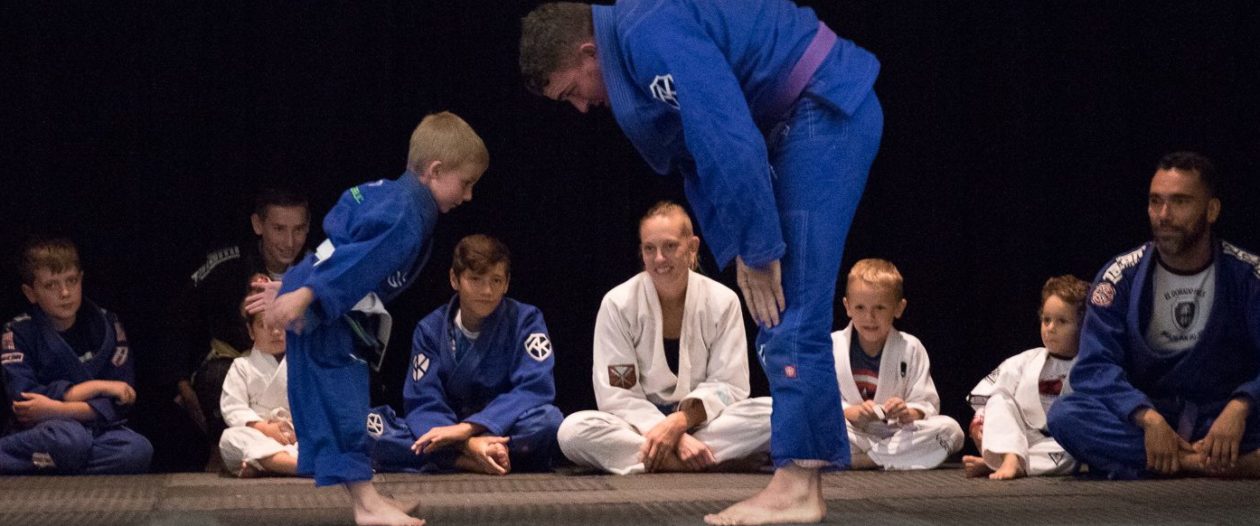In Brazilian Jiu-Jitsu (BJJ), the closed guard is a fundamental and indispensable position that forms the core of many practitioners’ skill sets. This position, where the practitioner on the bottom wraps their legs around their opponent’s waist, serves as a powerful tool for control, defense, and offense. Its significance in BJJ cannot be overstated, as it provides a strong foundation for understanding the art’s mechanics and strategies. However, mastering the closed guard is no easy task. It requires a deep understanding of technical intricacies, adaptability to different opponents, physical conditioning, mental acuity, and a commitment to continuous learning. Despite these challenges, the closed guard remains a vital element of a successful BJJ game, offering both strategic depth and versatility.
Importance of Closed Guard
- Fundamental Position:
The closed guard, also known as full guard, is one of the most fundamental and widely taught positions in Brazilian Jiu-Jitsu (BJJ). It forms the bedrock of many practitioners’ games, particularly for beginners. Mastering the closed guard offers a strong foundation for understanding more complex positions and transitions. - Control and Defense:
From the closed guard, a practitioner can effectively control their opponent, limiting their movement and offensive options. This position provides a defensive stronghold, preventing the opponent from passing guard and advancing to more dominant positions. The practitioner can use their legs and hips to keep the opponent close, reducing the risk of strikes in self-defense scenarios or MMA. - Offensive Opportunities:
The closed guard is rich with offensive possibilities. It allows for a wide range of submissions, such as arm bars, triangles, and omoplatas, as well as sweeps that can reverse the position. The versatility of the closed guard enables practitioners to launch attacks while maintaining a secure position. - Energy Efficiency:
Unlike some other positions that might require constant adjustment and high energy expenditure, the closed guard can be maintained with relatively low energy, allowing practitioners to conserve their stamina. This makes it a valuable position, particularly in long matches or when facing a more aggressive opponent.
Difficulty of Mastering Closed Guard
- Technical Complexity:
While the closed guard might seem straightforward, mastering it requires a deep understanding of mechanics, leverage, and timing. Effective use of the guard involves precise control of the opponent’s posture and balance, which can take years to perfect. Each technique, from sweeps to submissions, requires intricate details and timing to execute correctly. - Adaptability to Opponents:
Different opponents will react differently to the closed guard, necessitating the ability to adapt dynamically. Practitioners must learn to anticipate and counter a variety of defensive maneuvers and guard passes. This adaptability only comes with extensive practice and experience against diverse training partners. - Physical Demands:
While the closed guard can be energy efficient, maintaining it and executing techniques effectively still demands significant core strength and flexibility. Developing the physical attributes needed to excel in the closed guard—such as hip mobility and leg dexterity—can be challenging and requires dedicated conditioning. - Mental Focus:
Effective use of the closed guard demands high levels of mental focus and strategic thinking. Practitioners must constantly monitor their opponent’s movements, anticipate attacks, and plan their own offensive and defensive actions. This mental aspect adds another layer of difficulty, as split-second decisions can mean the difference between maintaining control and losing the position. - Continuous Evolution:
The landscape of BJJ is ever-evolving, with new techniques and counters being developed continuously. Staying ahead in the closed guard game requires ongoing learning and adaptation. Practitioners must stay updated with the latest developments and incorporate them into their practice, which can be a lifelong endeavor.
In summary, the closed guard is a cornerstone of Brazilian Jiu-Jitsu that offers immense strategic value both defensively and offensively. However, mastering it is no small feat due to its technical complexity, the need for adaptability, physical demands, mental focus, and the continuous evolution of techniques. Despite these challenges, the rewards of a proficient closed guard make the effort worthwhile for any dedicated practitioner.
Come try jiujitsu with us at El Dorado Hills Jiu Jitsu. The academy that pioneered jiujitsu in the hills in 2009. EDHBJJ is a martial arts academy for the entire family. Send us an email or give us a call to get started with a trial lesson.
